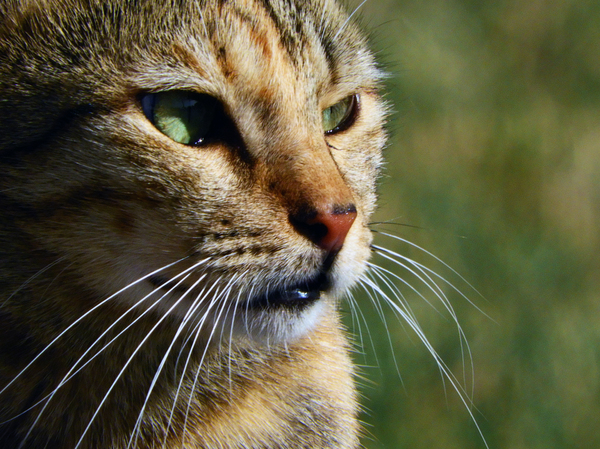Scooping Securely: Protecting Your Health While Cleaning Up the Litter Box
Wiki Article

Cat owners are no complete strangers to the everyday task of scooping out their furry friend's litter box. It's a routine job that's frequently ignored, yet essential for keeping a clean and healthy environment for both felines and their human companions. However, what lots of pet owners may not understand is that there are covert health threats associated with the litter box that can present threats to both people and felines alike. From respiratory problems to parasitic infections, the litter box can harbor a range of hazards that require mindful attention and management.
One of the most common health dangers related to the litter box is respiratory problems. Cat litter, specifically clay-based ranges, can contain fine dust particles that end up being air-borne when disturbed during scooping or when cats dig in the litter. These dust particles can be breathed in by both felines and human beings, leading to respiratory inflammation and worsening conditions such as asthma or allergic reactions. In some cases, prolonged exposure to litter dust can even trigger more extreme breathing issues in both cats and their owners.
To minimize respiratory dangers, it's important to choose low-dust or dust-free litter options and to scoop the litter box in a well-ventilated area. Wearing a dust mask while cleaning the litter box can also help in reducing direct exposure to air-borne particles, especially for people with respiratory sensitivities.
Another significant health risk connected with the litter box is the potential for parasitic infections, particularly from Toxoplasma gondii, a common parasite found in cat feces. While many healthy individuals may not experience symptoms if infected, pregnant ladies and individuals with weakened immune systems are at greater threat of establishing extreme issues, consisting of birth flaws and neurological conditions.
To lessen the threat of parasitic infections, pregnant ladies must prevent cleaning the litter box entirely and delegate this task to another household member. Additionally, all people need to practice excellent health practices, including washing hands thoroughly after managing the litter box or entering into contact with feline feces, to minimize the danger of transmission.
Many commercial cat litters consist of chemicals and cat litter box self cleaning ingredients that can present health dangers to both cats and humans. For instance, some aromatic litters may contain fragrances or necessary oils that can aggravate sensitive breathing systems or activate allergic responses. Furthermore, clumping litters often consist of sodium bentonite, a clay material that can broaden when ingested, leading to intestinal obstructions if consumed by felines.
To lessen chemical exposure, decide for odorless or naturally-scented litters made from naturally degradable materials such as paper, wood, or plant-based options. These environmentally friendly options are not just much safer for your cat's health however also much better for the environment.
The litter box environment offers an ideal breeding place for bacteria, consisting of potentially harmful Self Cleaning Litter Boxes pathogens such as E. coli and Salmonella. These germs can contaminate Modern Litter Boxes the litter box and surrounding locations, increasing the danger of infection for both cats and people. Cats can contract bacterial infections through direct contact with infected litter or by ingesting feces during grooming, while human beings can become contaminated through contact with polluted surface areas or incorrectly cleaned hands.
To minimize the risk of bacterial contamination, it's vital to clean the litter box frequently using warm water and mild detergent, as well as to sanitize the surrounding location to prevent the spread of bacteria. In addition, practicing good hand health, including cleaning hands completely after managing the litter box or entering contact with feline feces, can help lessen the risk of bacterial transmission.
While the litter box may look like a mundane element of feline ownership, it's necessary to acknowledge the potential health dangers related to this seemingly harmless component. From respiratory problems to parasitic infections and bacterial contamination, the litter box can harbor a range of hazards that need mindful attention and management. By taking proactive measures to lessen direct exposure to these risks, cat owners can produce a more secure and healthier environment for both their feline companions and themselves.